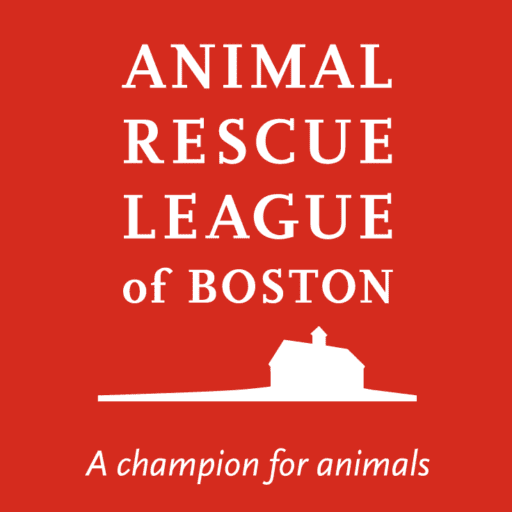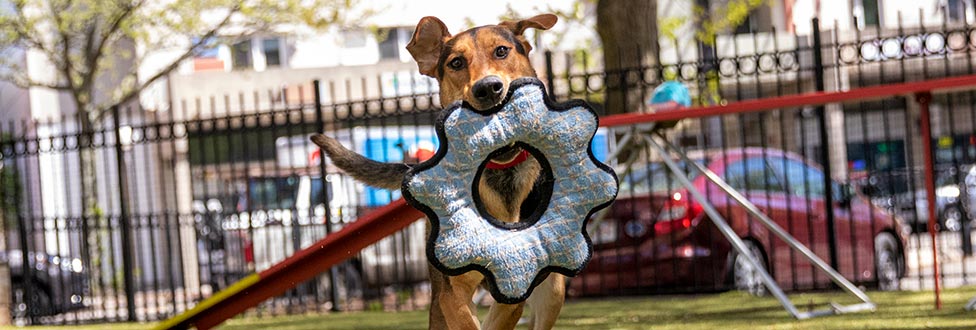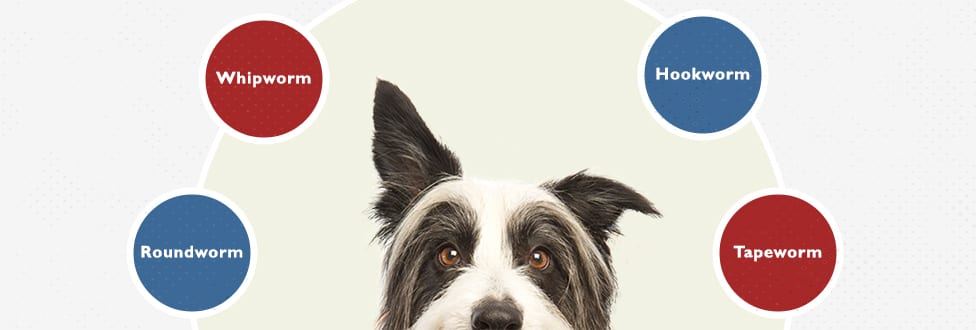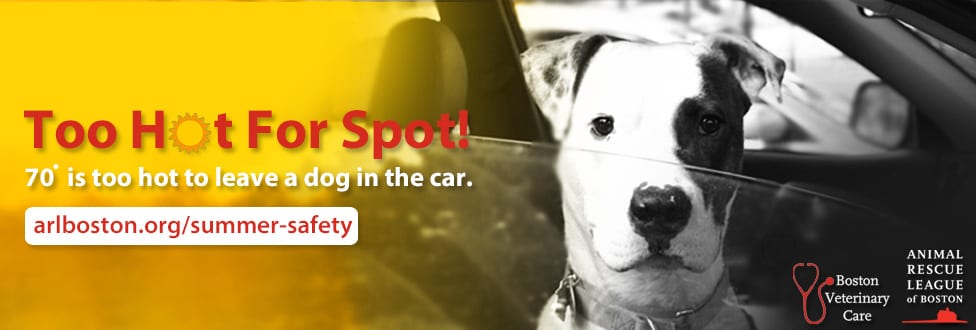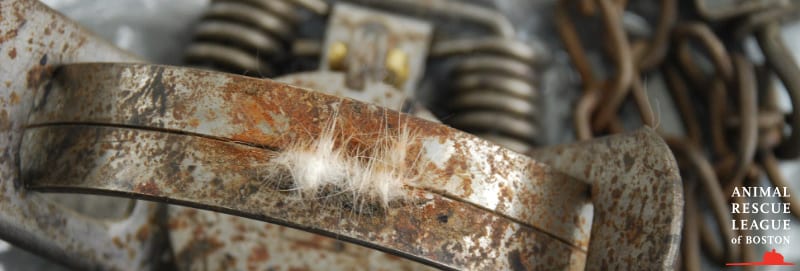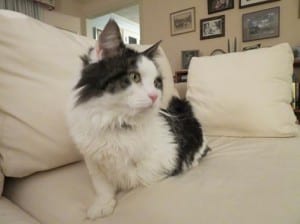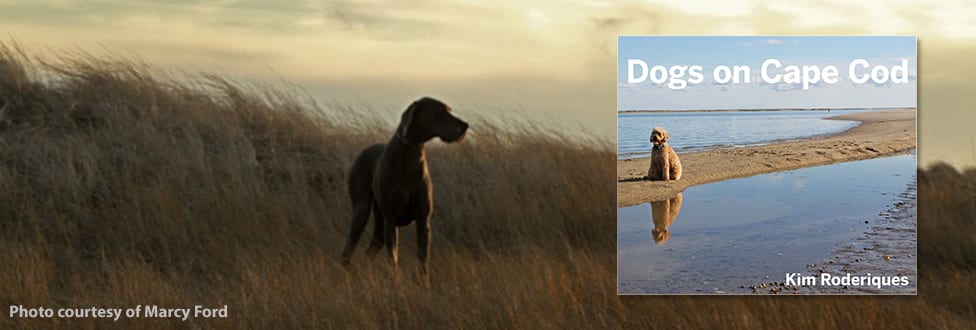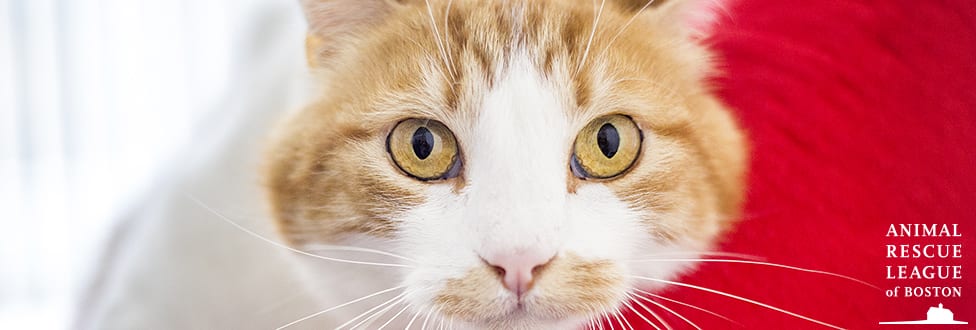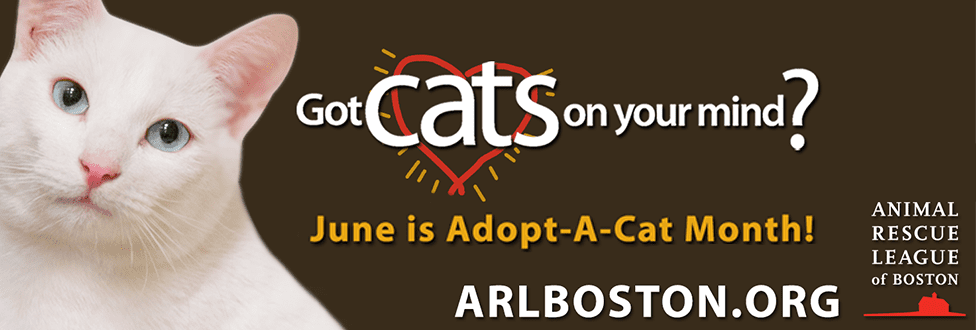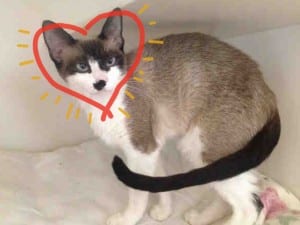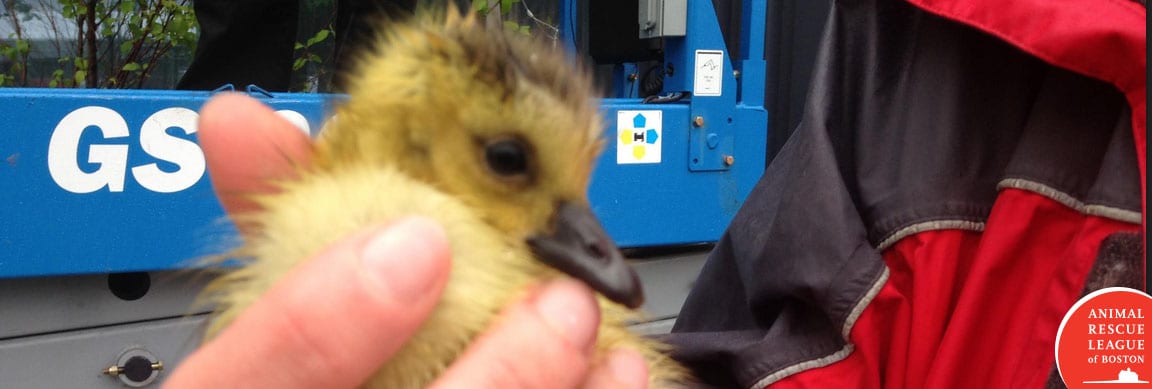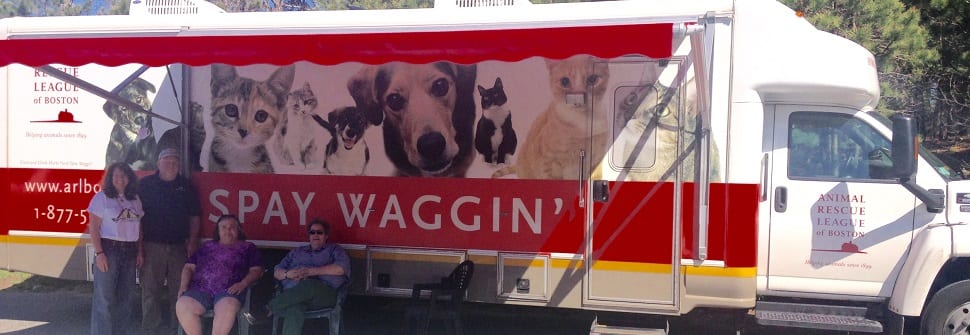7 Steps to Keep Your Dog Safe at the Park
Protect your pup from harm and health risks by following these important planning and safety tips
One of the most enjoyable activities during the summer months is a leisurely trip to your local park. Whether it’s for a picnic or a stroll, Fido will be more than happy to tag along!
A park can be an ideal venue for your dog to get the mental stimulation and physical exercise that they crave. All of the open space, fresh air, unique smells, and various types of people and animals can be a very exciting and stimulating experience for your pooch.
Of course, all the stimulation and interaction with unfamiliar people and dogs–not to mention the heat and humidity–can be hard on your pup.
In order to make sure the fun trip to the park you have planned stays that way for everyone in the family, follow these 7 steps:
- Choose your park wisely. Whether you’re planning to lay out a blanket and stay a while or just to take a stroll, select a park with plenty of shade and bring fresh drinking water. Your dog may not signal you when they’re overheated or tired, so build in frequent breaks in the shade for rest and re-hydration. If you see signs of heatstroke, contact your pet’s veterinarian right away!
- Leave the retractable leash at home. The “locking” mechanism on a retractable leash can be tricky and an unreliable way to keep your dog close by. Use a standard 4-6’ leash and you’ll be able to prevent or gain control of a potentially risky situation more quickly. After all, any dog who sees a squirrel across a nearby street becomes a flight risk! Very seriously, dog bites occur much more frequently in the warmer months due to heightened arousal from the heat, crowds, and smells. A short leash will help prevent them from making uninvited contact with other dogs or children.
- Keep an eye on your dog at ALL times. Remain attentive, especially if you’re visiting an off-leash dog park, which can quickly turn into a stressful situation for your pet. Observe the other dogs and people in the park and your pup’s body language when they interact with them. Remember that even a dog that your pooch knows well can have an unexpected reaction, as the group dynamic can change any time a new dog enters or leaves the park.
- Plan early morning or evening outings. Between the hours of 10am-4pm, the sun and temperature is at its peak. Aim to limit outdoor exercise to breakfast and dinnertime so that Fido (and you!) doesn’t overheat. Remember, pets don’t sweat the way humans do, making them unable to cool their bodies efficiently in the heat.
- Keep up-to-date on all vaccinations and parasite preventatives. This is especially important if your pup is interacting with other dogs. Respiratory illnesses like canine tracheobronchitis (kennel cough) and harmful parasites like heartworm, can easily spread from one dog to another. If you’re not certain if your pet’s vaccinations are current, contact your veterinarian.
- Pick up after your pup. Not only is it the “considerate” thing to do, but it’s also the sanitary thing to do. Many intestinal parasites, such as tapeworm and whipworm, can easily spread from one dog to another. Like it or not, dogs sometimes do a little too much up close investigation into the interesting smells they encounter! Many parks come equipped with garbage disposals and some even with pet waste bags, in case you run out.
- Consider leaving Fido at home. While many of us consider pets to be family and want to include them in every outing, the reality is that some events can be just too stressful on your pooch. If you plan to visit a crowded area or a lengthy event at the park–especially if you know your dog is shy or snippy when he or she first meets other people and dogs–the best decision for you and your pet is to leave them safely at home.
Summer can be TOO HOT FOR SPOT! No matter what the circumstance, remember to never leave your pet alone in a parked car—even with the air conditioner on or the windows cracked. On an 85 degree day, the temperature inside a car can rise above 100 degrees in less than 10 minutes, which is why it is the most common cause of deadly heat stroke
For more warm weather dog safety tips, visit arlboston.org/summer-safety
